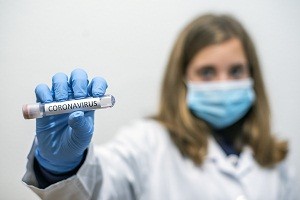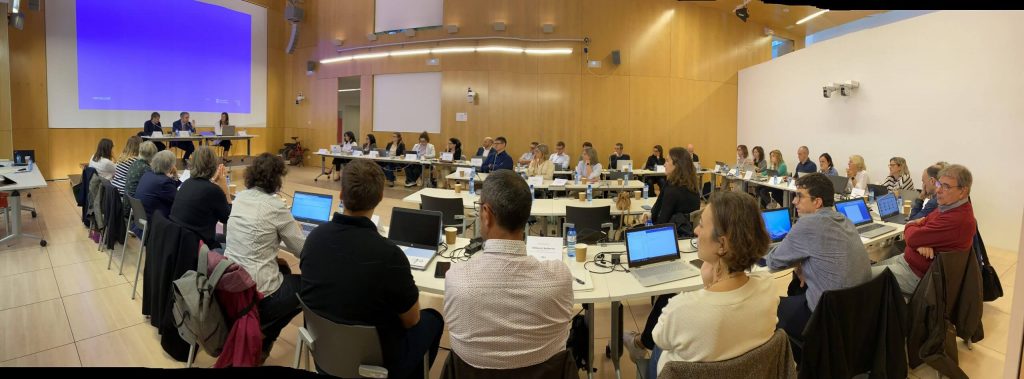Over the last month, life has changed for everyone. For the CERCA centres, the CERCA Institute recommended switching to teleworking, except for work considered essential. A few days later, we had to send out a notice to close all centres because of the lockdown, making efforts to keep the centres running in their essentials: key health projects, maintaining animals and plants, cell lines and other activities where disruption could produce irreparable damage.
Throughout this time, the behaviour and attitude of the CERCA centres has been exemplary. They have not only implemented the measures but also responded generously to appeals for protective equipment, breathing apparatus and other elements.
In addition, some centres have organised themselves to carry out mass virus detection by PCR, as is the case of the Centre for Genomic Regulation (CRG), the Institute for Bioengineering of Catalonia (IBEC), the Institute for Research in Biomedicine (IRB Barcelona) and the Girona Biomedical Research Institute (IDIBGI) with the company Hipra in Girona.
CERCA centres have also prepared and are preparing several research projects into COVID-19; in the calls for applications in the EU Horizon 2020 programme and the call by the Carlos III Health Institute (ISCIII), to which 53 applications have been submitted so far. The CERCA centres that have prepared these projects are:
• The Centre for Research in Agricultural Genomics (CRAG)
• The Centre for Genomic Regulation (CRG)
• The Catalan Institute of Nanoscience and Nanotechnology (ICN2)
• The Catalan Institute for Water Research (ICRA)
• The Institute for Bioengineering of Catalonia (IBEC)
• The Institute for High Energy Physics (IFAE)
• The Biomedical Research Institute of Lleida (IRB Lleida)
• The Vall d’Hebron Research Institute (VHIR)
• The Research Institute of the Santa Creu i Sant Pau Hospital (IR Sant Pau)
• The Institute of Agrifood Research and Technology (IRTA)
• The Barcelona Centre for International Health Research (ISGlobal)
• The Girona Biomedical Research Institute (IDIBGI)
• The Vall d’Hebron Institute of Oncology (VHIO)
• The Hospital del Mar Medical Research Institute (IMIM)
The centres have gone to great effort to prepare interdisciplinary projects, and some truly original and high-impact projects in areas as distant (or nearby) fields as demography, mobile telephony and mathematical modelling, among others, will soon come to light.
They have also actively participated in the Catalan Ministry of Health’s call for projects.
We are thus seeing a very dynamic system that is reacting to the health crisis. This underlines the highly strategic nature of these research centres. It is worth reiterating that research is a long-term activity and although rapid reaction is possible in the short term, this is only because knowledge was built up long beforehand; otherwise we would be totally dependent on the research of others.
This is something we have to remember because I hope that soon we will enter the post-lockdown and post-health crisis period, and we will have to help these centres continue working.




